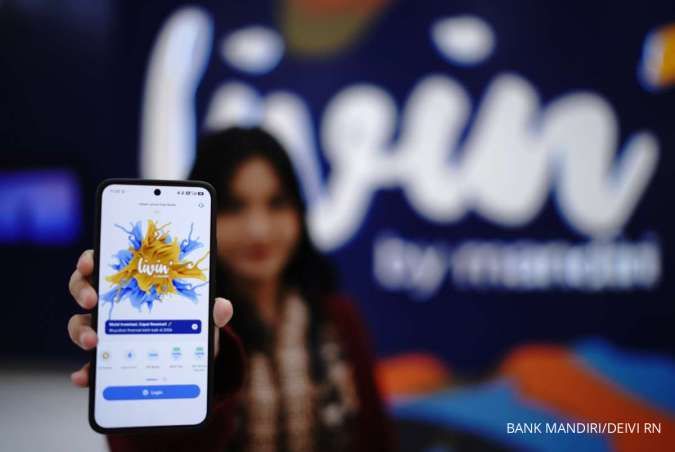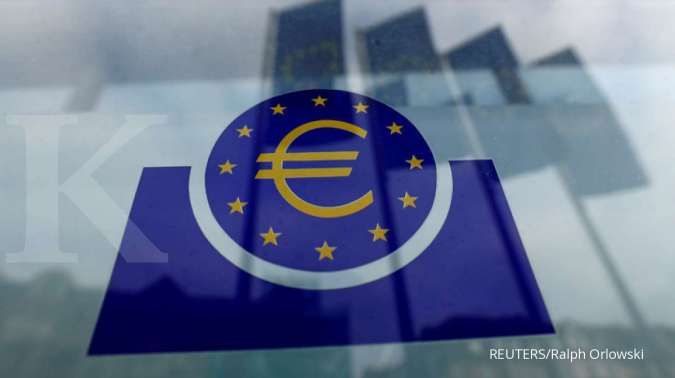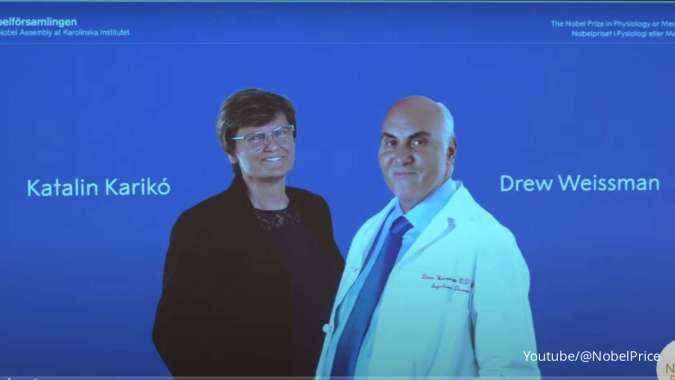KONTAN.CO.ID - STOCKHOLM, Hungarian scientist Katalin Kariko and U.S. colleague Drew Weissman, who met in line for a photocopier before making mRNA molecule discoveries that paved the way for COVID-19 vaccines, won the 2023 Nobel Prize for Medicine on Monday. "The laureates contributed to the unprecedented rate of vaccine development during one of the greatest threats to human health in modern times," the Swedish award-giving body said in the latest accolade for the pair. The prize, among the most prestigious in the scientific world, was selected by the Nobel Assembly of Sweden's Karolinska Institute Medical University and comes with 11 million Swedish crowns (about $1 million) to share between them.
Kariko, a former senior vice president and head of RNA protein replacement at German biotech firm BioNTech, is a professor at the University of Szeged in Hungary and an adjunct professor at the University of Pennsylvania.
Baca Juga: China, Resource-rich Timor Leste Upgrade Bilateral Ties In an interview after the award, she said her late mother had long speculated that she might win the Nobel - to which she would remind her there was a time when she could not even get a grant for her research. "She (my mother) said, 'But you work so hard'. And I told her that many, many scientists work very, very hard," added Kariko, who was sleeping when she received the call from Stockholm and initially thought it was a joke. Co-winner Weissman is a professor in vaccine research, also at Pennsylvania. "It's an incredible honor," he said. "We couldn't have come to the result without both of us being involved." The two laureates in 2005 jointly developed so-called nucleoside base modifications, which stop the immune system from launching an inflammatory attack against lab-made mRNA, previously seen as a major hurdle against any therapeutic use of the technology.
Baca Juga: Pelopori eksperimen alami, tiga ekonom ini raih Nobel Ekonomi 2021 MASS USE
BioNTech said in June that about 1.5 billion people across the world had received its mRNA shot, co-developed with Pfizer PFE.N. It was the most widely-used shot in the West. BioNTech, whose Germany-traded shares were up 3.8%, praised Kariko and Weissman for their passion and persistence. Having grown up in a village in a house without running water or a refrigerator, Kariko got a biochemistry doctorate in Szeged before she and her husband sold their Soviet-made Lada car, sewed the money into their daughter’s teddy bear, and went to the U.S. on a one-way ticket. The daughter, Susan Francia, became a U.S. national rower and Olympic gold winner. At the University of Pennsylvania, Kariko tried to turn mRNA into a treatment tool throughout the 1990s but struggled to win grants because work on DNA and gene therapy captured most of the scientific community’s attention at the time.
Baca Juga: G7 Plans New Vaccine Program for Developing Nations Kariko has said she endured ridicule from fellow faculty members for her dogged pursuit, which led to her demotion. Taunting continued, she said when she joined BioNTech in 2013 because the firm did not even have a website at the time. Weissman received his doctorate from Boston University in 1987 and joined the University of Pennsylvania in 1997. The two have said they met in 1998 while waiting for rationed photocopying machine time. The ensuing chat piqued immunologist Weissman’s interest in Kariko’s RNA work. "It is absolutely right that the ground-breaking work on RNA led by Kariko and Weissman should be recognized by a Nobel Prize,” said Sir Andrew Pollard, an immunology professor at Oxford University, who pursued a different technology when co-developing the lesser-used COVID vaccine by AstraZeneca AZN.L. The award comes even as Germany’s CureVac5CV.DE, which failed to bring a COVID shot to market, as well as rival Moderna, are separately suing BioNTech and Pfizer for alleged mRNA patent infringements. BioNTech and Pfizer, in turn, have launched legal challenges against the validity of the intellectual property rights in question.
Baca Juga: Germany Sends First Batch of BioNTech Covid-19 Vaccines to China PANDEMIC BREAKTHROUGH
Messenger or mRNA, discovered in 1961, is a natural molecule that serves as a recipe for the body’s production of proteins. The use of man-made mRNA to instruct human cells to make therapeutic proteins, long regarded as impossible, was commercially pioneered during the pandemic, also by Moderna MRNA.O. Prospective mRNA uses include drugs against cancer and vaccines against malaria, influenza, and rabies. The Medicine Prize kicks off this year's Nobel awards with the remaining five to be unveiled in the coming days.
The prizes, first handed out in 1901, were created by Swedish dynamite inventor and wealthy businessman Alfred Nobel. Last year's medicine prize went to Swede Svante Paabo for sequencing the genome of the Neanderthal, an extinct relative of present-day humans, and for discovering a previously unknown human relative, the Denisovans. Other past winners include Alexander Fleming, who shared the 1945 prize for the discovery of penicillin, and Karl Landsteiner in 1930 for his discovery of human blood groups. ($1 = 11.0129 Swedish crowns






